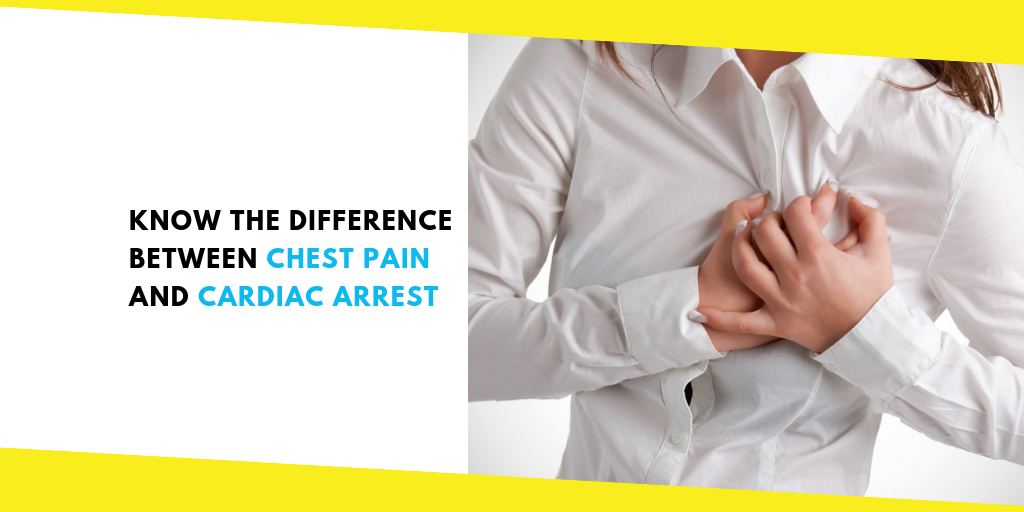
Does chest pain indicate the onset of a heart attack? Are heart attack and cardiac arrest synonyms? Is arrhythmia a serious condition? These are some questions that have confused people so often. To clear the misconceptions associated with heart conditions, cardiologists at Kukreja Hospital, Rajouri Garden give a low down the scientific terms used in daily lives:
Chest Pain
First of all, no, it’s not a heart attack every time you feel chest pain. The heart problems associated with chest pain include heart attack, angina, myocarditis, and pericarditis. However, chest pain can also be induced due to other factors like pancreatic infection, gallstones, broken ribs, a blood clot in your lungs or simply, acid reflux.
The most probable outcome is determined by the location and intensity of chest pain. There is a different diagnosis for sharp pain and ‘heavy weight on the chest’ pain.
Arrhythmia
Heartbeats are coordinated via electrical signal in human body and improper functioning of these signals leads to arrhythmia or irregular heartbeat. Contrary to popular belief, arrhythmia is almost harmless, barring a few exceptions. The most common reasons include excessive caffeine consumption, smoking, substance abuse and high blood pressure.
Half the time it may not indicate any underlying condition, but you can never be too sure.
Heart Attack
Doctors at Kukreja Hospital, Rajouri Garden suggest that it is possible to speculate the onset of a heart attack. Three major symptoms to look out include shortness of breath, dizziness or chest discomfort that lasts for minutes.
Heart attack is caused due to a blood clot in an artery that restricts blood flow to the heart. While immediate medical assistance is the first step of action, Cardio-Pulmonary Resuscitation (CPR) should be given to the person instantly if he/she stops breathing.
To prevent heart attacks, beta blockers or drugs like Statin are prescribed to the patient. In serious cases, there are surgical procedures like Coronary Artery Bypass Graft (CABG) or angioplasty, depending upon the root cause of the attack. In comparison, angioplasty has a higher success rate than CABG.
Cardiac Arrest
To answer the question mentioned in the beginning: cardiac arrest and heart attack are two different conditions. A heart attack may lead to a cardiac arrest since the former is a clotting problem while the latter is an electrical problem.
This is the most lethal condition out of the aforementioned possibilities, and can prove fatal within seconds. As a consequence of disturbed heartbeat rhythm, the heart is sometimes unable to pump blood to the brain along with other prominent organs. If medical attention is not received immediately, it can lead to the worst case scenario.
As soon as the arrest occurs, do not stop CPR until medical help has arrived. A defibrillator machine is generally used to set the rhythm back to normal.
Despite following the tips suggested for a healthy heart and body, a medical condition can occur within seconds. It is important to be aware of immediate steps like mouth to mouth resurrection and CPR as small efforts can lead to the patient’s survival.